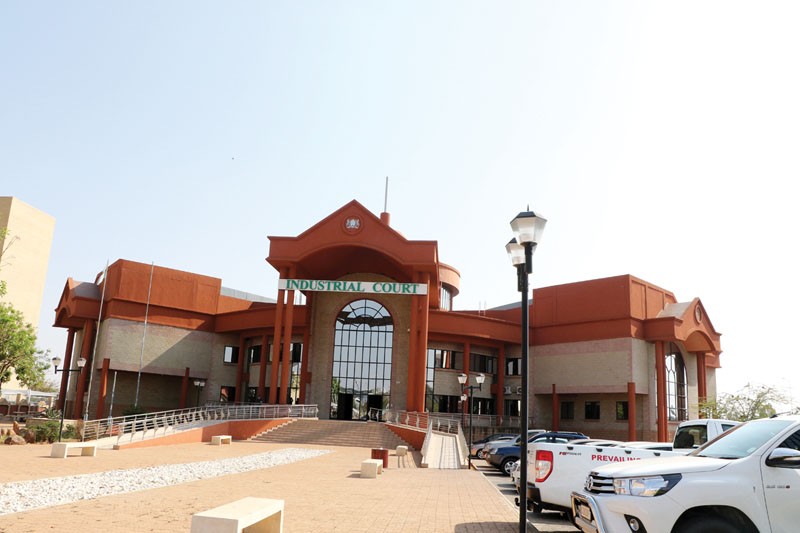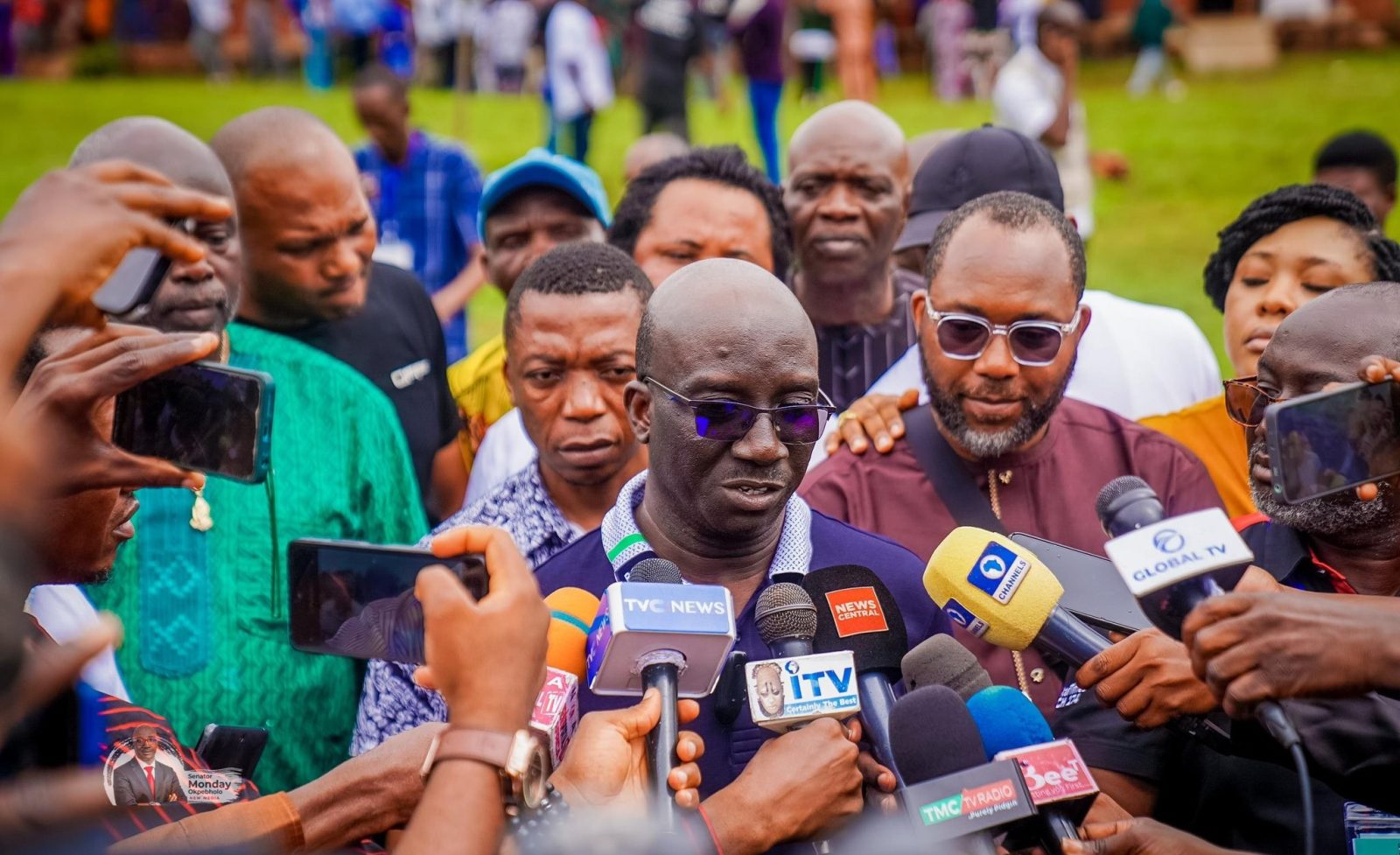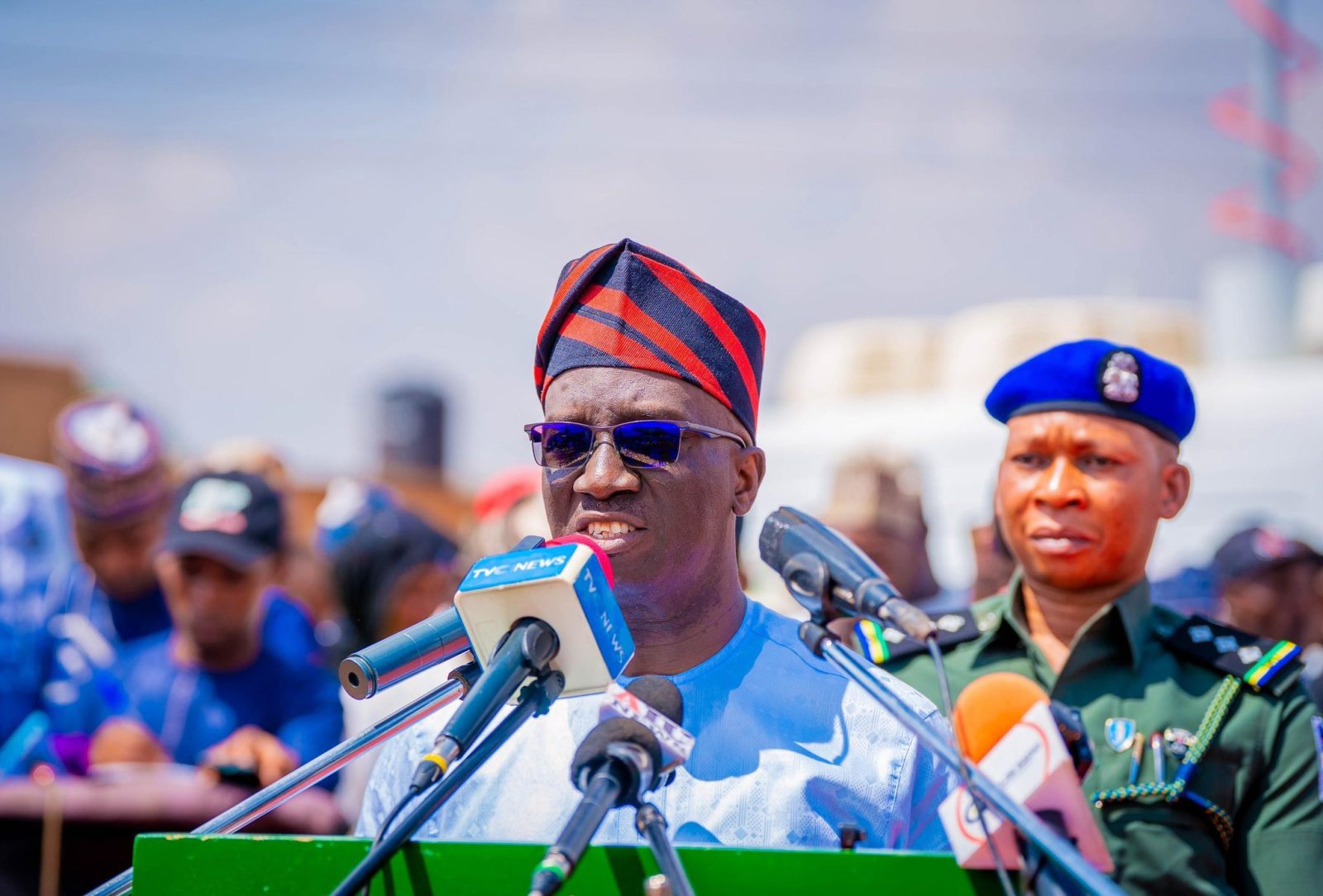For its alleged lack of commitment to meet the demands of the Academic Staff Union of Universities (ASUU), the Socio-Economic Rights and Accountability Project (SERAP) and some university students have challenged the Federal Government in court.
The Muhammadu Buhari administration’s “inaction” has occasioned the prolonged strike in its seventh month and violated the students’ right to quality education, SERAP said.
SERAP and the students’ representatives have, therefore, asked the court to declare as unlawful the refusal by the government to meet its obligations to the union to pave the way for the reopening of public universities across the country.
Persecondnews had reported that the Federal Government has also concluded plans to take the teachers at the nation’s ivory tower to the Industrial Arbitration Court to resolve the current intractable labour crisis.
The dispute with the federal government which has shut down federal and state universities for more than seven months is to be settled by the Industrial Court sometime next week as the government has filed a case against ASUU.
ASUU had on February 15, 2022 embarked on strike and were later joined by the three other unions in the public universities.
Their demands include increased finding of education particularly at the tertiary level, welfare of members including salary increase, peculiar university payment platform as against IPPIS for all civil servants on the payroll of the government among others.
With ASUU unyielding and rejecting the “No work, no pay” order, the Federal Ministry of Labour and Employment may have taken trade dispute to the Industrial Arbitration Court in Abuja, citing Section 17 of the Trade Dispute.
Joined in the suit against the federal government as defendants are the Minister of Labour, Employment and Productivity, Chris Ngige, and Attorney-General of the Federation and Minister of Justice, Abubakar Malami (SAN).
Mr Tayo Oyetibo (SAN), filed the suit on behalf of SERAP and the students.
No date has been fixed for the hearing of the suit filed at the National Industrial Court, Abuja, on Friday.
The students who are co-claimants in the suit are Dongo Daniel Davou; Oyebode Joshua Babafemi; Ejie Kemkanma; Peter Itohowo Aniefiok; and Imam Naziru; all students of Plateau State University, Obafemi Awolowo University, University of Port Harcourt, University of Uyo, and University of Ibadan respectively.
According to SERAP, the suit followed the apparent lack of commitment by the Federal Government to implement the agreements with ASUU, and to end the over seven-month-old industrial action by the union, and the threat by the government to implement its “no work, no pay” policy.
SERAP and the students are asking among others an order directing President Buhari and Mr Ngige to immediately implement all the agreements with ASUU in order to end the strike action and violation of the students’ right to quality education.
They averred that:“Disruption of classes undermines both the quality and duration of students’ education. This situation has aggravated existing disparities in access to university education in the country, further marginalizing economically disadvantaged parents and students.
“The Federal Government has failed to respect, protect, promote and fulfil the right to quality education, and the right to freedom of association through the principle of collective bargaining.
“Although Nigeria has ratified several human rights treaties, which guarantee the right to quality education of Nigerian students, the Federal Government has over the years refused to meet the demands by ASUU, and to address the poor environment in the country’s universities.
“The failure to implement the agreements with ASUU is also a fundamental breach of the right to education without discrimination or exclusion, as strike actions continue to penalize economically disadvantaged parents who have no means or capacity to send their children to private schools.
“SERAP had earlier advised President Buhari to recover the N105.7 billion stolen public funds and utilize same in addition to specified percentages of the N3.6 billion feeding and travels allowances for the President and the N134 billion allocated to the National Assembly in the 2022 Budget to meet the legitimate demands by ASUU.
“Apart from being a right in itself, the right to education is also an enabling right. Education is a public good.
“The right to bargain freely with employers with respect to conditions of work constitutes an essential element in freedom of association, and trade unions including ASUU should have the right to seek to improve the living and working conditions of those whom they represent.
“The Federal Government has continued to ignore the plights of teeming undergraduates, who have been denied access to quality education due to the lingering strike action occasioned by the continued reluctance of the Defendants and their agents to implement the agreements with ASUU.
“The breach of the agreements by the Federal Government clearly provides a reasonable basis for ASUU members to exercise their right to strike as a last resort. It is unlawful to punish the members simply for peacefully exercising their right.”
“Nigerian students in public universities have suffered many years of disruption as a result of the failure of governments to address the root causes of strike action by ASUU and to faithfully implement the agreements reached with the union, leading to devastating consequences on the right to equal and quality higher education.”
A statement given to Persecondnews also states: “According to reports and available evidence, the FGN-ASUU Initialled 2009 Agreement sought among others, the resolution of the following underlying issues: proper funding of public tertiary institutions to the tune of N1.3 trillion to be implemented across a period of 4 years between 2009 and 2013.
“It was agreed that the N1.3 trillion funding of Government-owned tertiary institutions would span between years 2014 and 2018.
“It was also agreed that the sum of N200 billion would be released to public tertiary institutions in 2013 while a tranche of N220 billion was to be paid yearly between 2014 and 2018.
“However, according to reports, only the sum of N200 billion was released in 2014 and no other sum, apart from the sum of N20 billion released in 2019 was paid to the institutions.”























Leave a comment